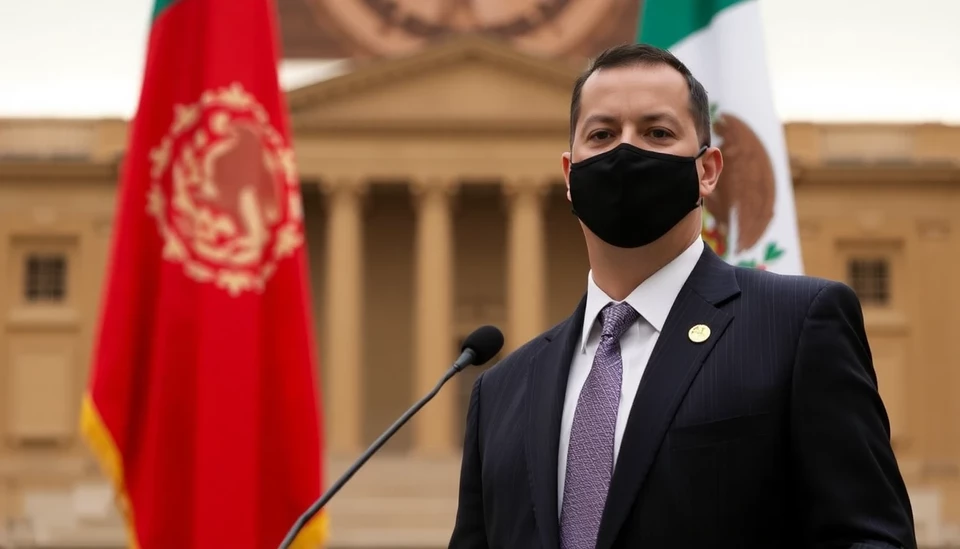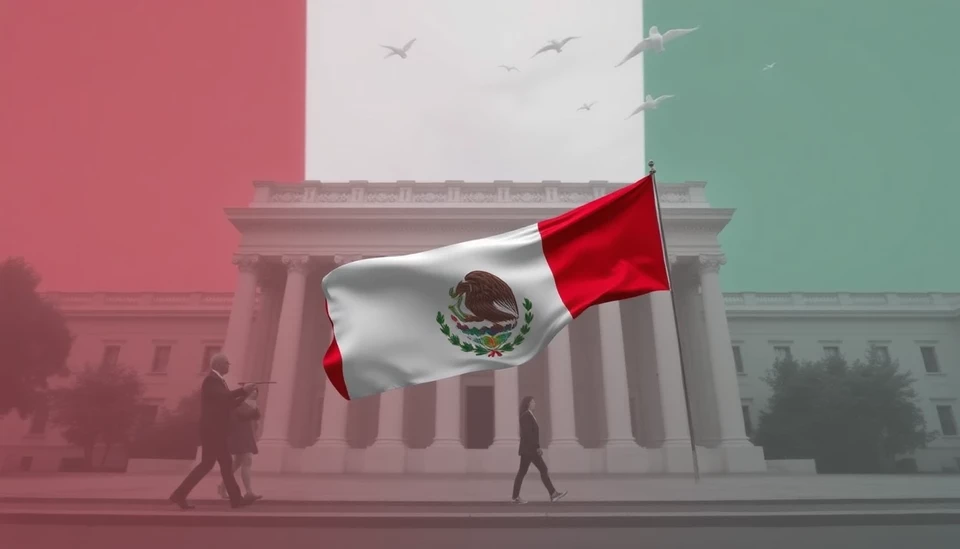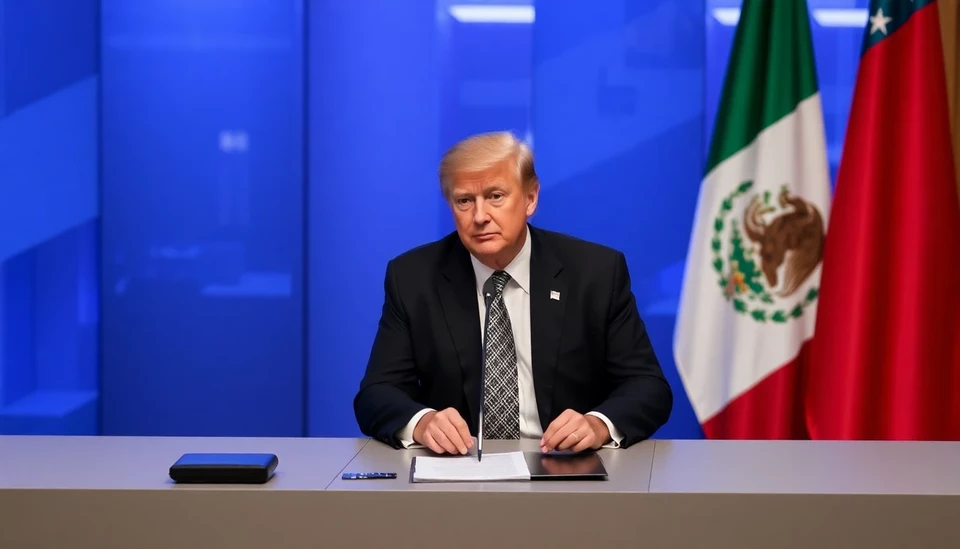
In a strategic move that underscores the ongoing political tensions in Mexico, lawmakers have passed a controversial judicial overhaul aimed at restructuring the country's legal system. This major reform, which proponents argue is necessary for improving the efficiency and integrity of justice in Mexico, has been shaped amidst a backdrop of significant opposition from various civil society groups and legal experts.
The Mexican Congress voted to insulate the judicial reform from potential interventions by the Supreme Court, effectively ensuring that the new legislative measures remain intact even in the face of challenging legal scrutiny. This decision has generated considerable debate about the balance of powers in Mexico’s government, as critics voice concerns that it could undermine the rule of law and judicial independence.
The reform package introduced by President Andrés Manuel López Obrador’s administration seeks to streamline legal procedures, reduce bureaucratic impediments, and enhance the accountability of judges and public prosecutors. By modifying the existing judicial framework, advocates believe that the system will better serve the public interest, facilitating quicker resolutions to cases that have long lingered in the court system.
However, detractors argue that the overhaul compromises judicial impartiality and expands executive powers over the judiciary, potentially allowing the government to exert undue influence on legal processes. Legal analysts have warned that such measures could lead to an erosion of rights, particularly for marginalized communities that depend on an independent judiciary for protection and justice.
The legislative action taken by Mexico’s lawmakers reflects a growing trend among various governments in Latin America to reshape judicial systems amid public demand for more efficient governance. Yet, it also prompts essential questions about the future of democracy and accountability in the region.
As this situation develops, both supporters and opponents of the overhaul gear up for a renewed battle over the future trajectory of Mexico's judicial landscape. This reform, standing as either a beacon of progress or a concern for overreach, will likely have lasting implications for how justice is administered in Mexico.
Observers are now keenly awaiting the Supreme Court's eventual response to this legislative maneuver, as its rulings could either reaffirm or challenge the efforts taken by Congress. The outcome may set a precedent for similar reforms in other countries grappling with judicial inefficiencies.
#Mexico #JudicialReform #Politics #LegalSystem #SupremeCourt #AMLO #Justice #LegislativeAction #LatinAmerica
Author: Daniel Foster




